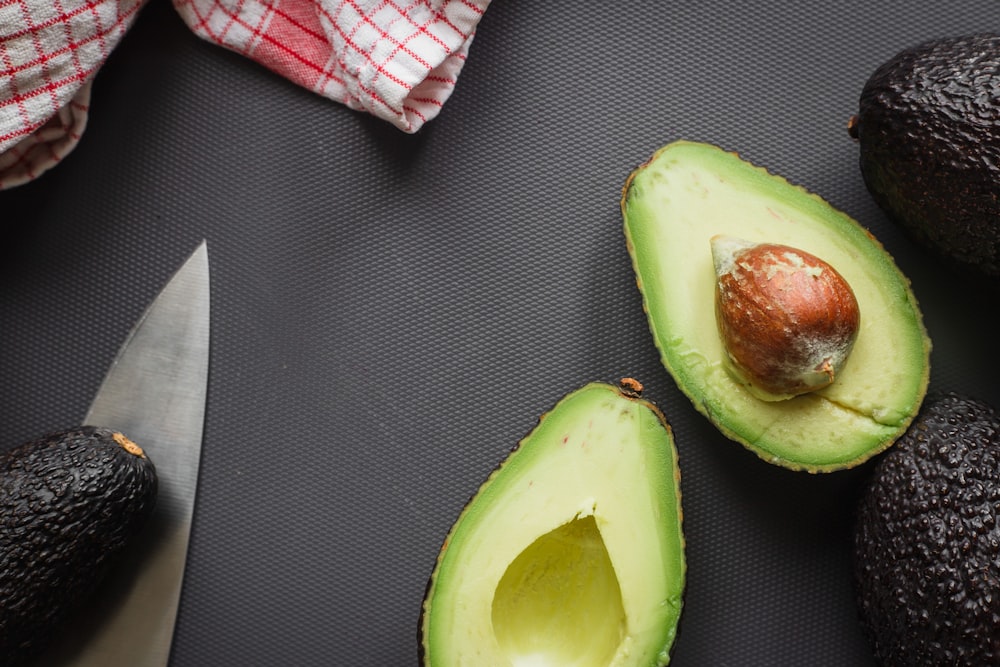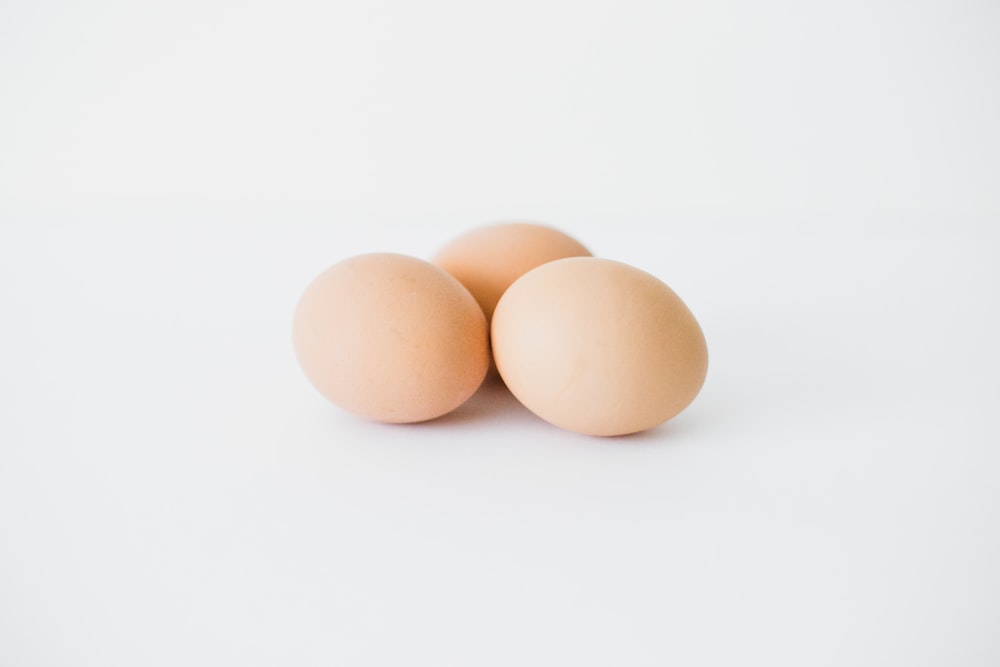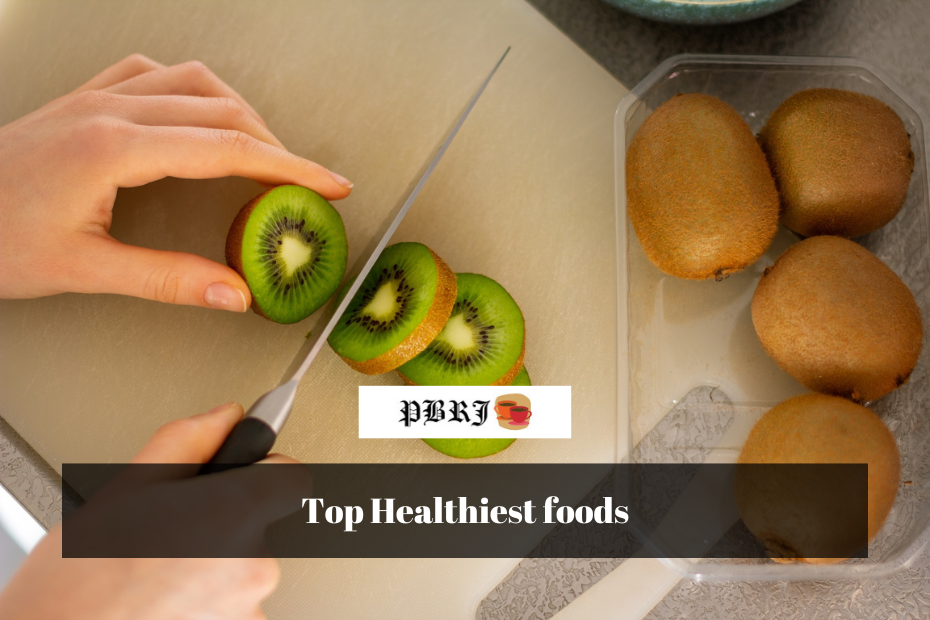The healthiest things you may consume, like blackcurrants, garlic, salmon, and walnuts, and provides lots of recipes for you to cook at home.
What kinds of foods are good for you?
Consuming nutritious foods supplies your body with the essential nutrients it needs to maintain optimal health and vitality. However, because there is no one item that can give all of the nutrients that you require, the best method to make sure that you are eating in a healthy manner is to eat a wide variety of foods from different food groups.
This refers to foods like fruit, vegetables, whole grains, beans, and pulses, as well as foods high in protein like fish, dairy products, and lean cuts of meat.
Explore the comprehensive collection of health benefit guidelines that we offer and acquire additional knowledge regarding how to maintain a diet that is both healthy and balanced.
a bowl of burritos topped with chipotle black beans, sliced avocado, rice, and hot sauce.
What are the top twenty foods that are the healthiest?
1. Avocado

The avocado is a beneficial addition to the diet due to its high nutrient content and its ability to fulfill one of your recommended daily servings of fruit and vegetables with only half of a fruit. It is a good source of folate and an excellent supply of monounsaturated fat, both of which are beneficial to the heart.
Vitamin E is also present in this food in enough amounts. In addition to this, avocados provide more soluble fiber than the majority of other fruits do, and they also include a variety of helpful minerals such as iron, copper, and potassium.
2. Blackcurrants

These tangy small fruits are among the richest in terms of the phytonutrients they contain, which are known to promote health. They are the unheralded stars of the fruit orchard because they have thirty times the amount of vitamin C and forty percent more beneficial polyphenols than blueberries.
They have been shown to be beneficial for high blood pressure and other cardiovascular disorders in a number of trials.
Both our no-churn blackcurrant ice cream and our blackcurrant compote would benefit from the addition of blackcurrants.
3. Brussels sprouts
In addition to providing more important nutrients per calorie than most other vegetables, brussels sprouts are particularly abundant in the plant chemical kaempferol. This gives them an additional health benefit. Researchers have looked at this antioxidant because of the various positive effects it has on health.
4. Buckwheat
Buckwheat’s antioxidant profile is superior to that of several cereal grains, including oats and wheat, making it a very desirable food. In addition to possessing plant chemicals like as rutin, it is one of the most abundant food sources of d-chiro inositol, which may assist in the regulation of blood sugar levels.
Buckwheat, despite its name, is actually a seed and not a grain, hence it does not contain gluten in its natural state.
5. Chia seeds
These teeny-tiny black seeds contain a wealth of minerals, including calcium, magnesium, and phosphorus, all of which are proven to be excellent for the health of one’s bones. When compared to the same weight of milk, one serving (25 grams) of chia seeds has approximately 158 milligrams (mg) of calcium. This represents a considerable contribution to overall calcium intake.
Learn about the positive effects that chia seeds can have on your body.
You should cook chocolate chia pudding and apricot overnight chia to use up the bag of chia seeds that you have stashed in your cupboard.
6. Egg

Eggs in their entirety are an excellent source of nourishment, providing practically every essential component. They are also valuable providers of some minerals that are difficult to obtain in other foods, such as vitamins D and B12, as well as the mineral iodine. Eggs are considered to be a “complete” protein since they have all nine of the essential amino acids that our bodies require.
7. Garlic
Allicin, an active component of garlic, is responsible for the majority of the positive health effects that have been attributed to garlic. Garlic’s recognizable flavor and aroma come from a chemical that contains sulfur and is responsible for its signature flavor.
For those of us who enjoy cooking, it is fortunate that the process of chopping or crushing garlic stimulates the creation of allicin; nevertheless, it is unfortunate that heat inhibits the production of allicin; to achieve the best results, add garlic toward the end of the cooking process.
The potential of garlic to lower the risk of developing heart disease and to assist in maintaining healthy cholesterol levels has been the subject of a great deal of research.
Garlic has the potential to dilate blood arteries, which results in an increase in the volume of blood that can flow through them. This may contribute to a reduction in blood pressure.
8. Gouda

Gouda also includes antioxidants, which appear to protect the cardiovascular system from the effects that high levels of salt can have; this is particularly important for individuals who are salt-sensitive.
Due to the fact that Gouda is a semi-hard cheese, it naturally includes a respectable quantity of mineral calcium. Furthermore, Gouda is an outstanding source of vitamin K2, which is essential for the maintenance of strong bones and teeth. It is a source of compounds that can prevent the angiotensin-converting enzyme from working properly.
9. Kefir

Because it has a greater range of probiotic bacteria and yeast than yogurt does, kefir is a wonderful food choice that you should consider incorporating into your diet. These microbes are responsible for the creation of bioactive chemicals, which have a variety of beneficial effects on human health, ranging from the enhancement of digestion to the lowering of cholesterol levels. These microorganisms are also responsible for the synthesis of bioactive chemicals.
Our raspberry overnight oats and kefir morning smoothie calls for the use of kefir as an ingredient.
10. Kiwi

When compared to other regularly consumed fruits, kiwi has a higher nutrient density, more health benefits, and the potential to provide support for the heart than any other fruit. Eating kiwi on a regular basis appears to raise levels of high-density lipoprotein (HDL), also known as the ‘good’ cholesterol.
Platelet aggregation and the levels of other triglycerides (fats) in the blood can both contribute to the formation of atherosclerosis over time. HDL reduces both of these factors, making it less likely that atherosclerosis would develop. The influence that kiwi has on the hormone angiotensin may be seen here.
| Homepage | Click Here |
| What drink is good for breakfast? | Click Here |

